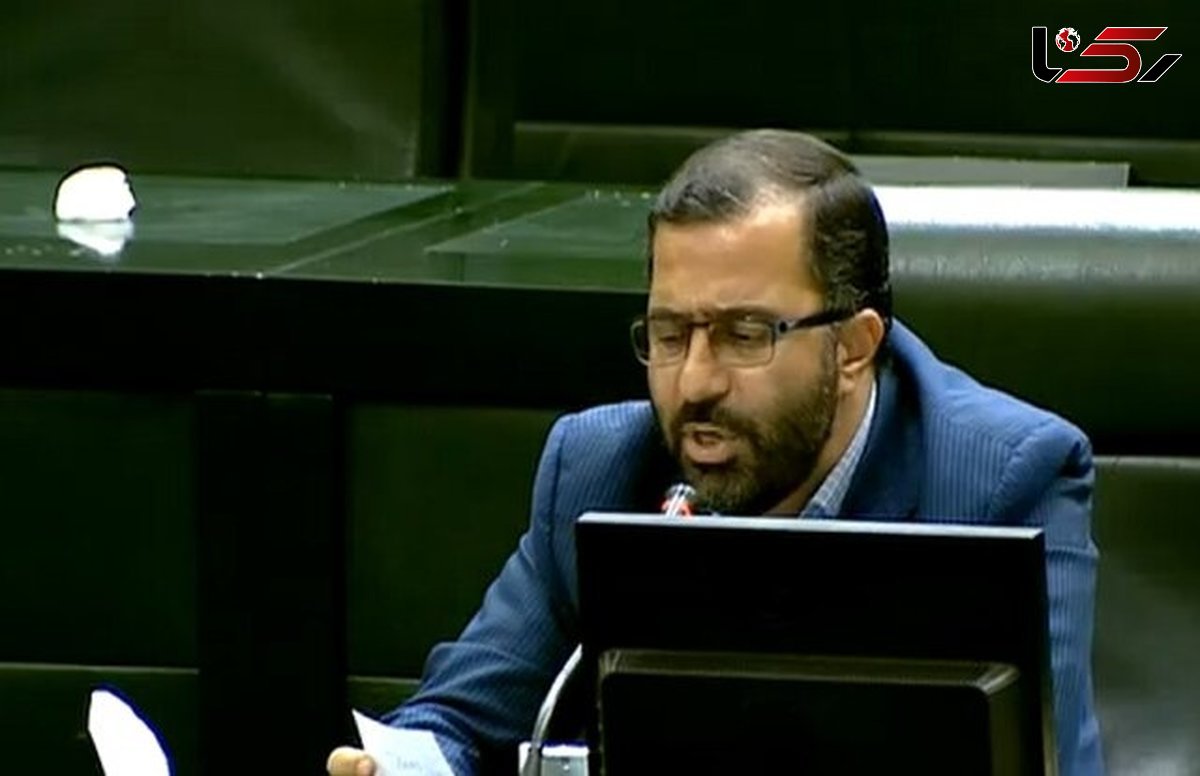Parliament Presidium Spokesman
Snapback Ends IAEA Deals, NPT Exit on the Table
Rokna Political Desk: The spokesman for the Presidium of the Islamic Consultative Assembly has outlined the details of today’s closed parliamentary session, stressing that the implementation of the snapback mechanism would signify the termination of Iran’s agreements with the International Atomic Energy Agency (IAEA), while withdrawal from the Non-Proliferation Treaty (NPT) remains among the demands of lawmakers.

According to Rokna, Abbas Goudarzi, spokesman for the Parliament Presidium, addressed reporters on the sidelines of today’s (Sunday, 6 Shahrivar 1404) session, explaining that, at the request of a group of lawmakers and with the majority’s approval, a non-public meeting was convened lasting nearly two hours. During the session, the Speaker, lawmakers, and several heads of specialized commissions expressed their views on current national issues.
“Snapback is a capacity that cannot be utilized”
Goudarzi emphasized that snapback, as widely discussed in political circles, is essentially a capacity that cannot be applied, since the Joint Comprehensive Plan of Action (JCPOA) no longer exists and the parties have failed to honor their commitments. He described the process as illegal and unjustified, pursued unilaterally by European states despite the agreement’s collapse.
He further stated that while the United States violated NPT rules by attacking Iran and Europe reneged on its commitments, the Islamic Republic went beyond reasonable efforts to foster international trust. However, given the nature of the Zionist regime, which he described as inherently terrorist and a hindrance to regional peace, the threats posed are evident not only to Iran but to the entire region.
Psychological rather than economic impact
According to Goudarzi, the snapback mechanism will not be capable of harming Iran’s economy on the ground. While 112 individuals and entities would theoretically be sanctioned under UN resolutions, approximately 2,000 are already designated under U.S. unilateral sanctions. Thus, he argued, the psychological effects of snapback outweigh any tangible economic consequences.
He stressed the necessity of preserving societal calm, countering enemy-driven agitation both in economic and social cohesion spheres. “The Iranian nation has withstood pressure before and will continue to do so,” he said, warning that any hostile act against Iran would be met with a crushing and regret-inducing response.
Defense, resistance, and economic resilience
The Presidium spokesman asserted that Iran will not bow to excessive demands such as halting uranium enrichment, dismantling its missile capability, or curtailing its regional role, which he equated with surrender. He emphasized that the threat posed by the Zionist regime is existential for the entire region, requiring collective resistance.
Goudarzi stated that Parliament and government have reached a shared understanding on crucial national issues, including ensuring the availability of essential goods at stable prices, reforming the food subsidy system, addressing housing needs, and strengthening national resilience.
He added that Parliament is determined to address psychological aspects of the snapback through missions assigned to specialized commissions, reinforcing deterrence and leveraging domestic capacities to navigate challenges as it has done under previous sanctions.
Termination of IAEA agreements and possible NPT withdrawal
Responding to questions, Goudarzi stressed that the snapback move effectively ends the Cairo agreement with the IAEA and nullifies prior arrangements. He noted that withdrawal from the NPT is among the demands of lawmakers and will be reviewed within its proper framework.
He dismissed concerns that such a move could provide justification for military action, pointing out that the United States attacked Iran despite Tehran’s engagement in negotiations and demonstrated goodwill. “The enemy does not need an excuse for war,” he said.
Send Comments